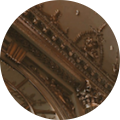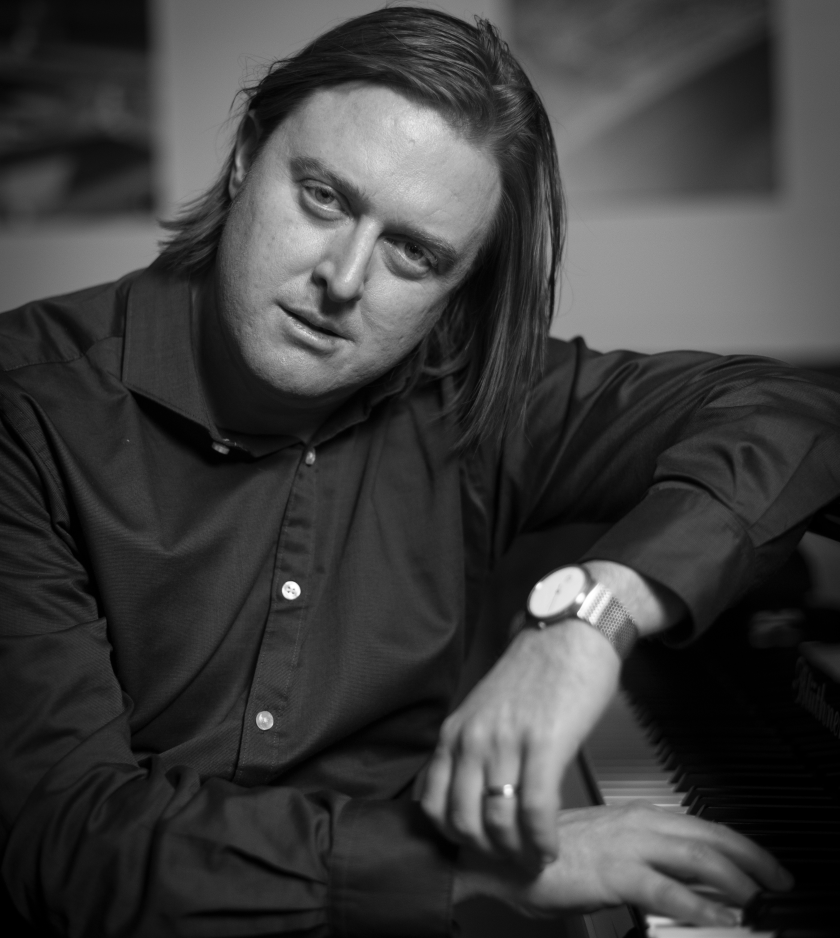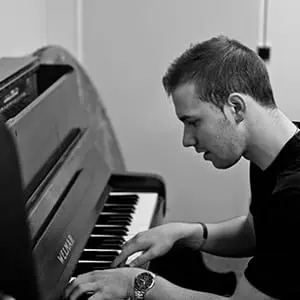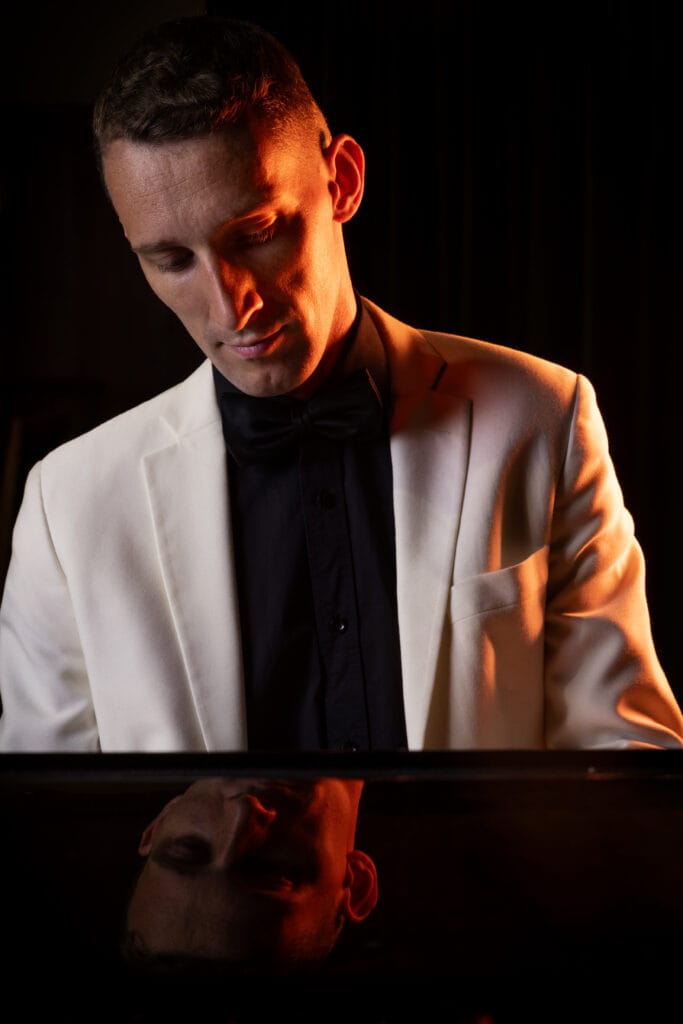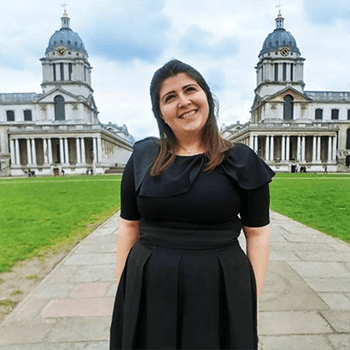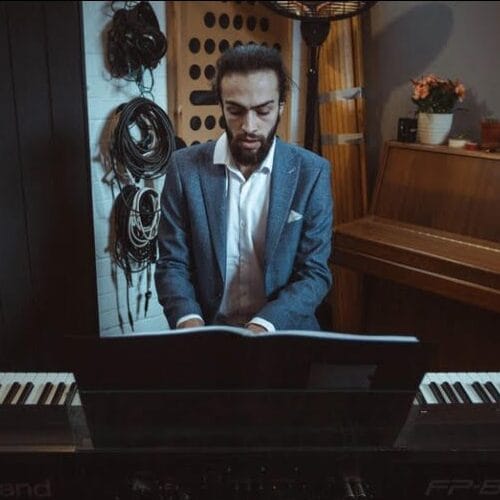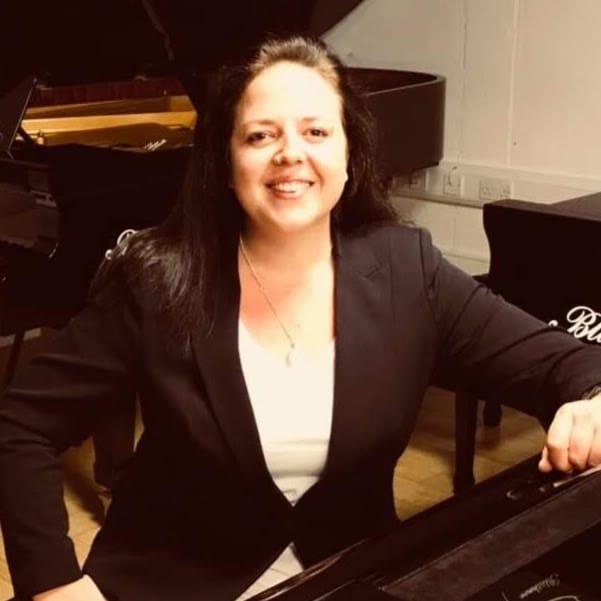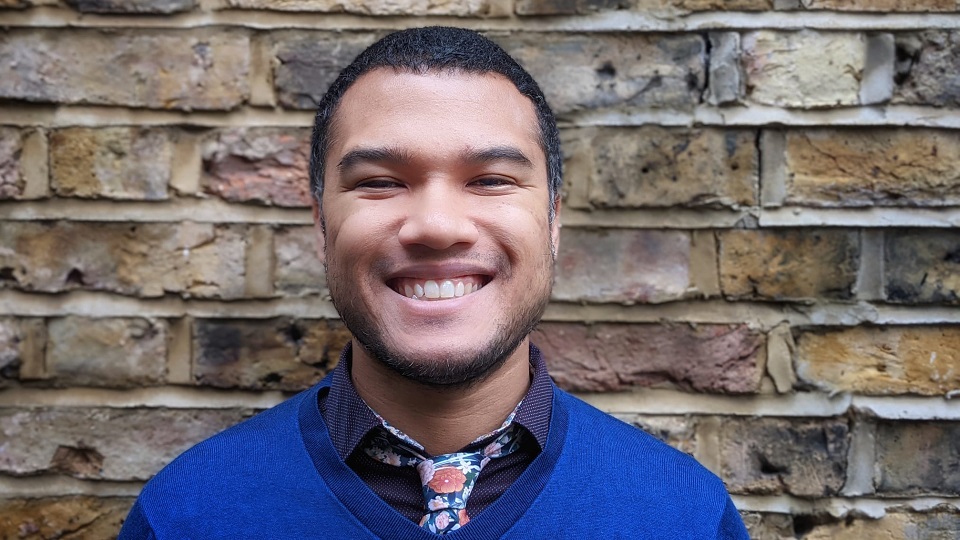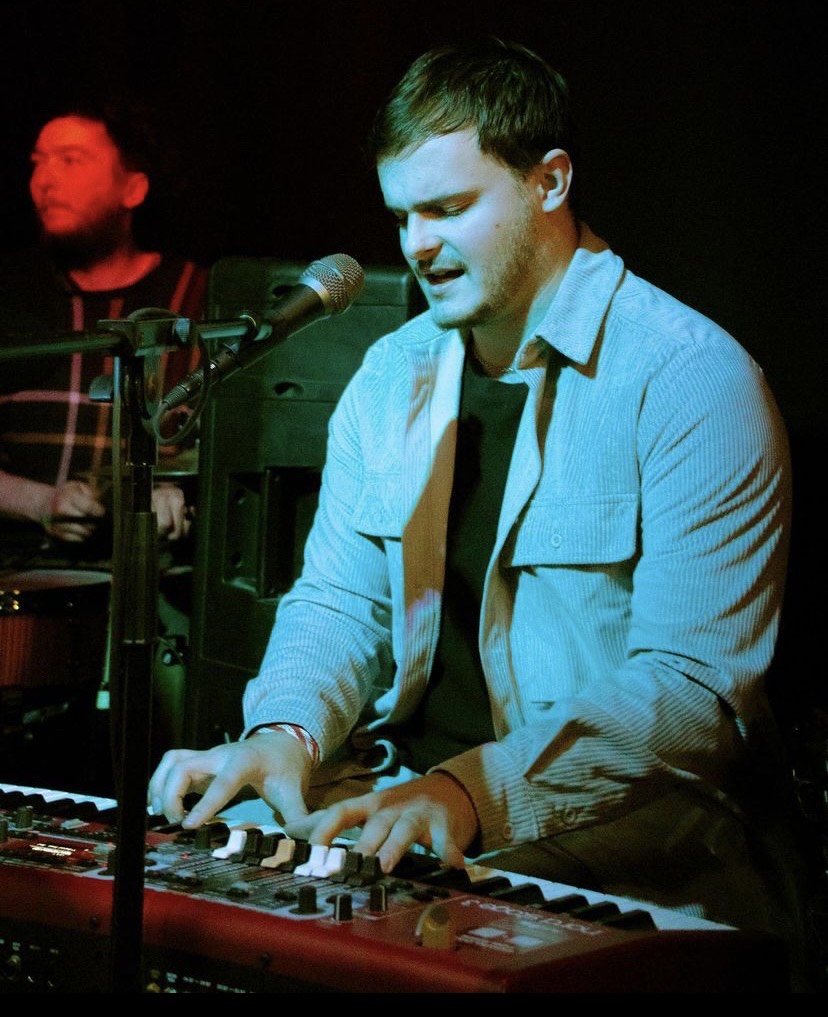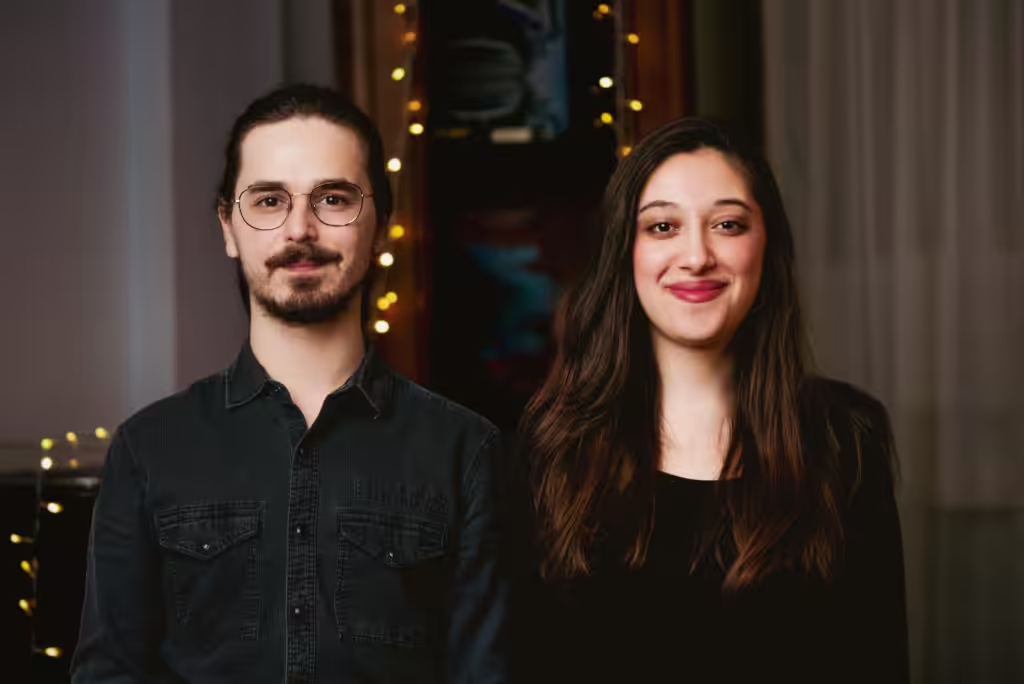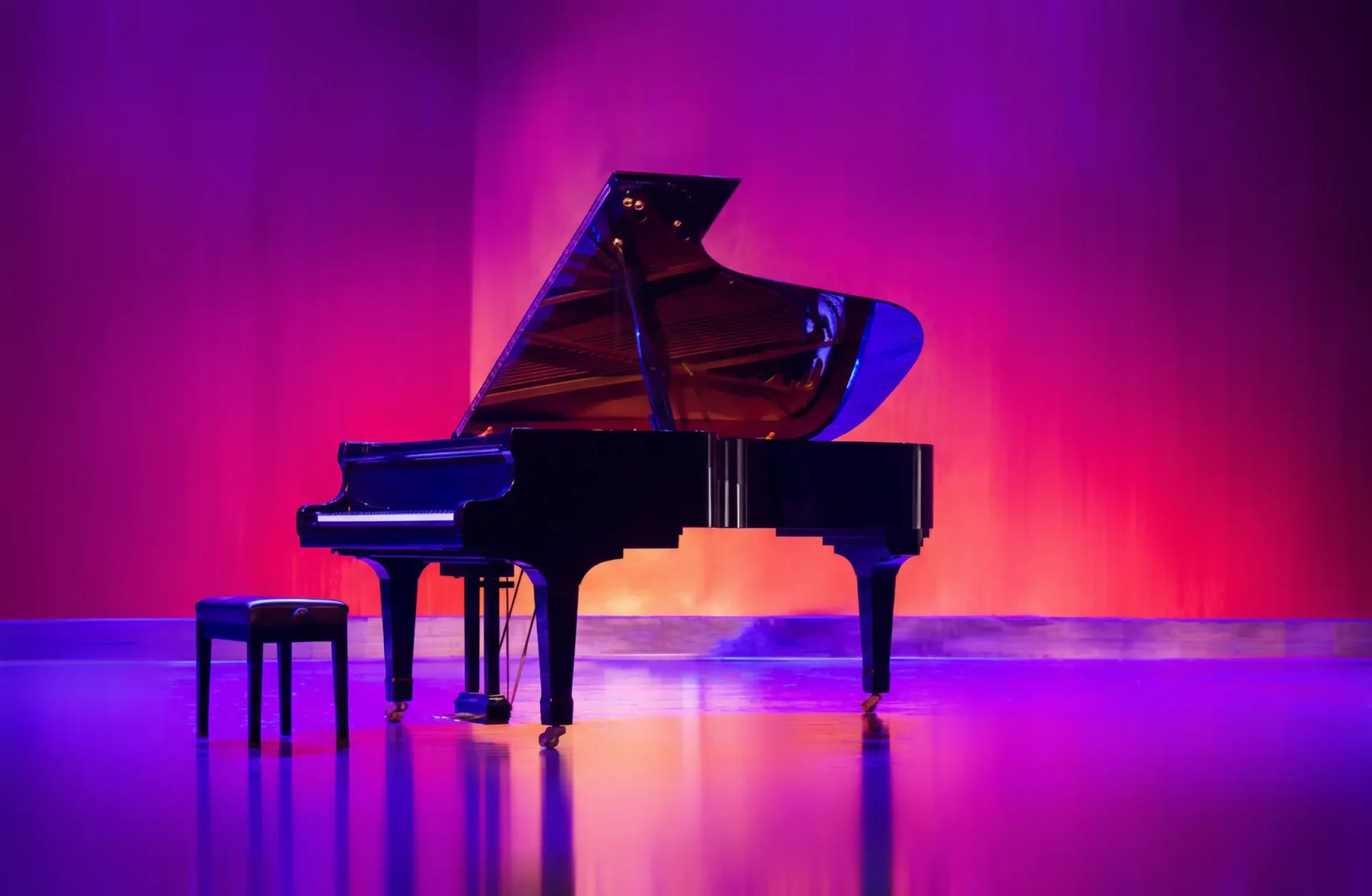
Piano Lessons in London and Worldwide
Hundreds of aspiring pianists study piano with our world-class piano teachers with amazing results...
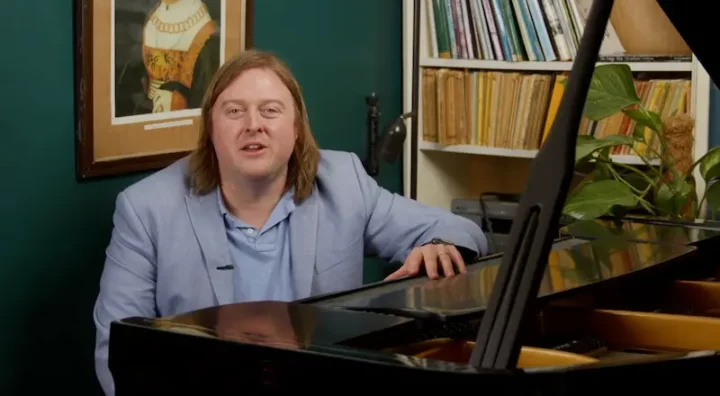
Download our Free Resource Kit Here...
- Free Blues, Classical, Jazz Piano Kit
- Supporting Video Masterclasses
- Piano Lessons in London and Worldwide
- Over 6 Million Views on YouTube
Extraordinary Coaches
Studio and Virtual Lessons
All Backgrounds and Levels Catered For
Decode Your Musical Talents here on Baker Street!
Do any of these sound familiar...
- Stuck in a musical rut?
- Feeling uninspired and lack structure?
- Nervous about learning to play?
- Frustrated about inflexible piano methods that don’t work for you
- Practice feeling like a chore?
- Stuck playing the same songs?
- Can't find the right piano teacher! (We understand they are hard to find)
We Guarantee To :
- Liberate, inspire, and free your piano playing, bringing you closer to music for life.
- Through decades of research and development, much of which is published and enjoyed by millions of pianists worldwide via our YouTube channel and global student following
- Our varied and detailed piano methodologies have transformed the playing of hundreds of students worldwide helping them overcome challenges and reach their musical goals.
21st Century Piano Lessons in London and Worldwide
Our mission is not just to provide the finest 21st Century Piano Lessons in London, but also help change the way the world teaches and experiences music, creating better opportunity for students worldwide.
Our mission to improve piano lessons worldwide
The London Contemporary School of Piano YouTube Channel has over 5 million views to date providing people worldwide with our training and development.

To me is the best school of piano in the UK and you can learn from all over the world.

They are excellent teachers, very patient, and most importantly encouraging and positive...

I've known Tom for four years and he still astounds me with his musical acumen, knowledge and passion...

He has introduced me to the world of jazz and improvisation without making it overly complex or daunting...

...it’s nothing like I ever experienced, with no exaggeration...

Undoubtedly the best piano school in London.
It all starts with a discovery session...
What to expect on your discovery call:
- A free briefing call with our school's Course Director
- We'll match you with a coach suited to your experience and playing style
- A 75-minute session in our Baker Street studio or virtually (online)
- One month of free membership to our online and offline piano community
- One month free membership to our student portal with over 100 masterclasses in all genres covering every level of music
Piano Lessons in London at the Blüthner Piano Centre, Baker Street
- Piano lessons in London or online via at our esteemed school on Baker Street—or connecting from anywhere in the world through our virtual lesson options.
- Specialist coaching and tuition in popular music fit for the 21st Century Student
- Holistic and transformative coaching in classical music
- First-class specialist jazz piano lessons with methodical coaching
- Lessons also available in contemporary classical and niche genres of music from world music, gospel piano, soundtrack to keyboard production lessons
- Whether you’re in London or another country, our specialist coaches support you in a fun and engaging environment.
- Our piano teachers in London combine first-class musicianship with exceptional coaching skills.
- Uniquely qualified to address common learning difficulties, our coaches provide personalised guidance that meets your needs and personal preferences.
- While many concert pianists may lack teaching expertise to solve challenges they haven’t faced themselves, our piano teachers excel in this area due to their training and development.
Tom explains what makes our discovery sessions so unique and powerful:

Our discovery session is currently in high demand. Fill out the booking form today to secure your place ASAP…
Tom Donald

Siwan Rhys

Alberto Ferro

Jack Marshall

Brian Hughes

Maria Palazian

Manu Hasan

Cait Davies

Yuliya Donald

André Short

Cameron Ward

Rosanna Spain

BUBI Productions

John Bochnowski

Meet Our Team...
London’s Finest Piano Teachers with International Reach
Our world-leading piano teacher recruitment ensures that you learn from a very rare type of teacher who can make any musical genre or style on the piano teachable and learnable. With decades of research and development behind our many methods, our London piano teachers can decode most musical challenges and learning difficulties. They are passionate about:
- Solving challenges with their students
- Providing personalised guidance that makes learning both effective and enjoyable
- Using multiple methods with their students rather than only relying on one
Whether it’s:
- Popular Music
- 21st Century Music
- Classical Music
- Jazz and Blues Piano
- Contemporary Piano Music
- Improvisation & Composition
- Film Music
- Combinations of Different Genres
If you are seeking piano lessons in London or anywhere in the world, you’ll find no better place than LCSP to unlock your true potential on the piano. Our team have a depth and passion for music education that is almost impossible to replicate given our in depth recruitment process and training and development.
If you have learning difficulties or setbacks or you are just a very busy professional or person with many interests our team will find much enjoyment and pleasure in helping you achieve your musical goals and passions.
In The Media
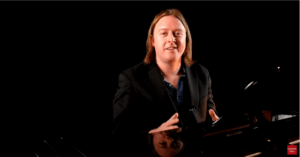
Frequently asked questions
Get In TouchAbsolutely not! Did you know that ages 60+ are now one of the fastest-growing groups of new piano students? This marks a significant shift from previous generations, who often believed they were too old to start learning. However, it’s crucial that you don’t take piano lessons using methodologies designed for children. Adult lessons require a different approach, both in structure and reasoning.
It’s also essential to have a teacher who is experienced in various teaching methodologies and can diagnose the right one for you. Adult students tend to be more “set in their learning styles” and need a teacher who can work with their individual preferences, whether they are visual, ear-based, procedure-based, or creativity-driven. Your learning style might even be a mix of these elements but this needs to be determined by using a carefully set of questions and criteria. We often use learning models such as the Kobe index to find out what makes our adult students “tick”.
Adults are typically more sensitive to learning styles, which is why it’s so important you get it right and understand “how you learn” and process information. You may be more resistant to changing your learning habits, which is why it’s essential to have a teacher who is in sync with your learning style and has the skill to be able to communicate with you on your level. This is not always easy to find in standard piano education, which is why we have extensive staff training and recruitment, to ensure our adults make just as much progress as children students, and we find this works very effectively.
With these correct methods in place, that are suited to you, you are far more likely to have a great experience with learning. We have numerous students in their 80s, outperforming students half that age, but these preparations and diagnostics (knowing your learning style and planning around it) are essential.
There are many options available for beginners and piano students that fit a variety of budgets. If you are a beginner and you are unsure about whether this newfound passion for music will last, an inexpensive digital keyboard is usually the most popular option, as the investment is minimal while you are making a start on the piano.
However, with digital pianos, it’s very important that they have the right specifications so your learning is not affected by a poor-quality electronic instrument. It’s important that the digital piano has 88 keys like a real piano, and that the keys are fully weighted so your fingers are being properly trained to feel the weight of a piano key.
Well-known and respected digital piano brands are Yamaha, Roland, Casio, Korg, and Nord. These brands have numerous models at different price points. Some are more geared towards playing popular music or more traditional piano practice. It’s worth consulting with your piano teacher about the specifics of a digital product.
While digital keyboards have economic and other convenient advantages, no technology has yet been able to replace the rich experience and tone of a real acoustic piano. For a long-term piano student, an investment in a real upright or grand piano (depending on your budget) will enhance your playing abilities and overall musical experience. This applies to all genres of piano music. A digital piano, no matter how good the sound quality, is still releasing a recording of a piano as a result of a digital response to a key being struck. On an acoustic piano, the key controls a real hammer mechanism that produces the real sound of a string being hit by the hammer; that is not a recording or imitation of that sound. Therefore, you are experiencing a live musical sound, which will bring you far more opportunities to express your musicianship. We’ve yet to see any digital piano that can replicate this experience.
That being said, some second-hand pianos in very poor condition are permanently out of tune. Such a piano purchase would be inferior to a quality digital piano.
When buying an acoustic piano, the main manufacturers and brands can be classified into tiers. A tier one piano is considered the finest work of craftsmanship made by a brand with decades of piano-building experience. These brands include (but are not limited to) Blüthner, Bechstein, Bosendorfer, and Steinway (we’ve listed this in alphabetical order to be totally impartial). It is an objective fact that these piano brands are regarded as the top tier of piano manufacturing and would therefore require a sizable investment. But such a piano, if well maintained and cared for, will last for generations and may even hold its value, and hence can be regarded as an investment.
Tier 2 pianos are most usually found in piano teachers’ and students’ homes due to their more accessible pricing and the increased quality of their manufacturers. These pianos are also superior to most digital pianos.
Tier 3 pianos are considered “budget pianos” and are built in the most cost-efficient factories with cheaper parts. Many of these pianos are still reliable, but they won’t last for decades like a higher-quality piano. However, with care and maintenance, they can provide extremely good value for money and again will outperform most digital keyboards.
Consumers these days are very fortunate to enjoy a varied piano marketplace with a large variety of products and prices. The piano market is a buyer’s market, so you have many great deals available to you. But it is important you invest in the best possible instrument you can afford.
Further reading: BLÜTHNER FACTORY VISIT
Consistency is extremely important when learning to play piano. A better question you can ask yourself is, “How do I make music more a part of my life?” A skilled musician does not need to motivate themselves to practice because music is a core part of their everyday living. It’s worth having a checklist to see if you are meeting basic criteria of what it’s like to have music as a more core part of your lifestyle. How often do you listen to music? What do you listen to music on? What type of instrument do you practice on? How often do you think about music? How engaged are you with music when you are not at the piano? While these might seem like questions that have little to do with practice, they are extremely important because they are a reflection of your motivation, and if your motivation levels are not strong, practicing will be a struggle.
Many of our students have a busy lifestyle with professional and family engagements. We often recommend to them a strategy that works very well, which is to start the day with music, even if that means waking up earlier. Starting the day with piano, before you do anything else and before daily distractions take away your focus and energy, allows you to spend at least 20-30 minutes playing the piano. Even if it’s just a simple improvisation exercise to begin with, you will find your problem-solving skills at this time of the day are improved, and your resilience to challenges is much more effective. Many of our students have also reported enhanced creativity and cognitive performance at the start of the day (though often after that first coffee). We recommend making sure you have no smart devices near you and that your focus is entirely on music and nothing else.
Not only is this a powerful practice tip that will help you become more consistent, but it will also likely improve the quality of your overall lifestyle. Starting your day with playing music is one of the most beneficial cognitive and creative activities you can begin with, and you’ll receive the additional benefit of making more improvements to your piano skills.
Learning piano online as part of a self-study course is becoming a very popular option for adult learners who might feel shy or self-conscious playing music in front of a professional piano teacher on a weekly basis. This style of learning is popular because it comes with less commitment and the ability for a student to move “at their own pace.”
For children students, these online self-study courses are far less effective as children thrive with more personal interaction and need to build their confidence in the presence of a well-qualified teacher. There is little evidence to suggest there is a better alternative for children.
Regarding adult students, those who wish to make further progress and rapidly develop their skills, personalized piano coaching with a teacher will have many benefits over online self-study programs, despite their flexibility. For some students, they benefit from the “best of both worlds,” and this is a great way to bring a variety of quality musical methods to your learning. So online courses can be extremely beneficial in combination with one-to-one learning. We’ve seen this pattern for many years, which is why we offer extra one-to-one lessons that run alongside our online self-study programs, and we’ve seen students make rapid progress with the combination of the two.
Having a structured syllabus through a piano curriculum can be delivered in a carefully and skillfully produced piano course, such as the “Complete Musician Piano Essentials Program,” which is the London Contemporary School of Piano’s flagship course. Adding some one-to-one lessons and coaching alongside this carefully structured program gives a student the opportunity to receive feedback that they would not have otherwise noticed with self-study (often hindering their development) as well as a bespoke program modified to suit their unique learning needs. This is the main advantage of one-to-one coaching, but for this benefit to take place, it’s essential that the teacher is able to provide modifications to the way they teach musical material. Some traditional methods of piano education are less flexible and follow a “one-size-fits-all model,” which we now know is far less effective in nurturing music progress over a sustained period.
It’s worth also noting that having the right teacher is more important than where they might be based. Modern technology allows people in different geographies to take classes with specialized teachers with the right skills without the need to travel. Whilst, there is a more dynamic interaction in person, having an online teacher opens a piano student up to a larger pool of qualified teachers who could provide an even richer musical experience and lead to more rapid progression.
You can start the piano at any age and/or time in your life. While starting piano at 55 won’t land you prizes in the Tchaikovsky piano competition a few years later, if you are learning later in life for well-being, pleasure, and to explore the deep connection of playing music, there is no minimum age required to start.
We’ve seen beginners successfully move to an intermediate piano level swiftly, even starting at later ages, such as the mid-70s and early 80s (much to the skepticism of their children who are in their 40s and think it’s “too late” for them to learn!).
This senior age group of beginner students is a very large and growing market in the music education world.
Regarding children and younger learners, there are no officially recommended ages, though different musical cultures have different opinions on this. In classical European traditions, young ages such as 5 or 6 years old have been considered for many years as an ideal starting point for a child. However, starting your child at this age is futile if music is not part of your household and family life. Young children must have some engagement with listening to music in everyday family life, whether it be listening to a variety of musical genres in everyday family conversations and interactions to build a language-style connection with musical culture. Parents need not be trained musicians to achieve this on a daily basis; something as simple as a sound system in a living room, playlists, and acknowledgment of “favorite songs, soundtracks, or composers” is all that is required. Without this, taking your child to weekly piano lessons is likely to achieve very little because your child has no context or connection with music to grow and build on. This is often the biggest missing element in children’s music education—the lack of music at home—and it only needs to be played through a speaker and discussed in one way or another.
With this in place, a child is likely more prepared and ready to start enjoying music or piano lessons at an earlier age, as they will be more engaged by the sounds of music and the meaning it brings.
This depends on the type of music you are looking to play on the piano. It’s very challenging and unconventional to become a fluent classical pianist without any reading skills. This is due to numerous factors, such as the accuracy required to replicate the notes composed by master classical composers. Forms of music in the 20th century, such as Jazz and Popular Music, as well as an increased understanding of music throughout the world thanks to globalism, changed the dynamics of reading music. To play popular music effectively on the piano, strong reading skills are not necessary, but reading is still a part of this music. It might not be formal notation but instead abbreviated forms of music notation, such as “lead sheets” and “chord charts,” which guide the musicians through the bullet points of the song. They can add their improvisation on top of the music with these chord changes. It is worth noting that this style of playing was also used in the Baroque period and practiced widely by classical musicians before the Romantic period. Improvisation and chord reading have become somewhat a lost art in classical music thanks to the rise of exact music notation and music publishing, which had the same power and influence over the music industry before the 20th Century, just like recorded music does today. Recorded music is also another reason why music notation can be less prominent in modern styles of music.
For an individual music student, a few considerations need to be taken, such as what style of music you are looking to play and how notation is used in this style of music. It’s often the case that for students with a strong ear, they may manage to make a lot of progress with more basic reading skills, or in some cases, none at all, especially if they can work out the chords to popular songs and find the melodies within that. But even a student with such abilities would benefit from reading music, just like a student with good reading skills would benefit from the holistic music training that occurs from being able to work out chords by ear and make their own arrangements on the piano. These skills in combination are very powerful.
For the 21st-century piano student, having knowledge and experience with simplified notation systems such as chord charts will enhance their musicianship and even their traditional reading skills. Having a varied and holistic music program comes with many benefits and makes a piano student a more flexible and well-rounded musician.
Featured Articles
Get inspired with some of our free tutorials...
- Piano Walkthroughs
Complete Guide to playing “Fairytale of New York”
How to play Fairytale of New York on the Piano. Irish Music at its finest? Or is the dark angel of Christmas Songs. Hi, Brian Hughes here from the…
- Chord Theory
Jazz Piano Lessons : How To Play Jazz Chords
Mastering Jazz Chords on Piano: Powerful Practice Tips Jazz Chords • Playing Jazz Chords on Piano • Jazz Piano Lessons Introduction Are you eager to break free…
- Tips & Tutorials
How to Play Boogie Woogie Piano
How to Play Boogie Woogie Piano Boogie Woogie Piano will boost your piano technique. Give it a try today! Hello there, Jack Marshall here from the London Contemporary School…






